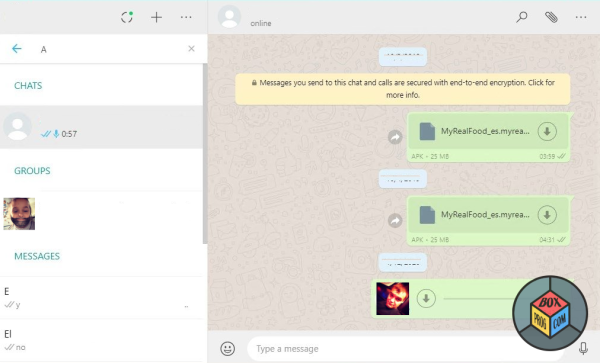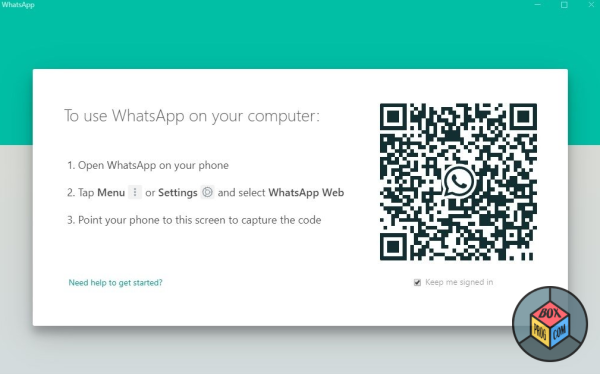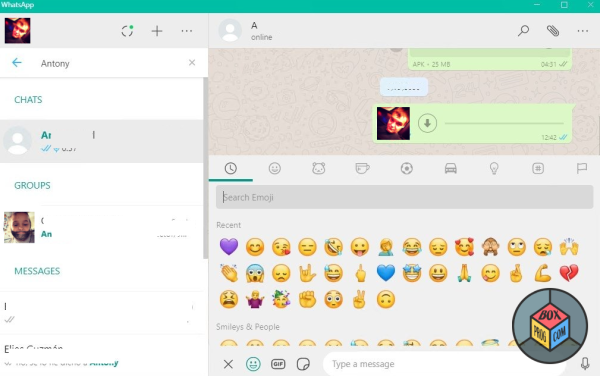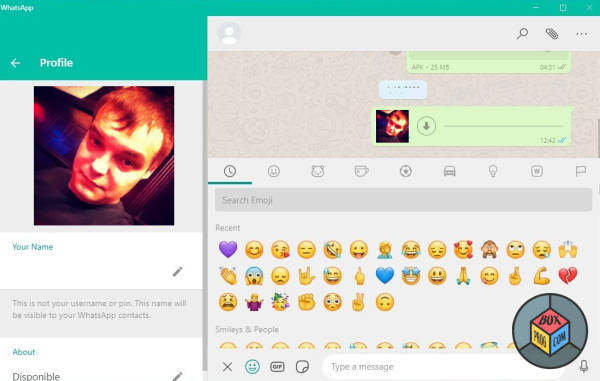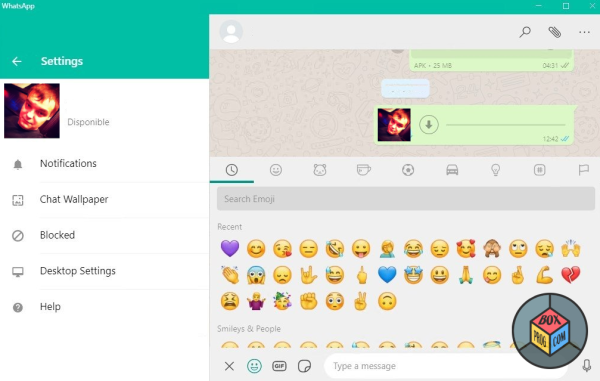WhatsApp is a popular instant messaging application that has revolutionized the way we communicate with others. With its simple and user-friendly interface, WhatsApp has become a go-to choice for individuals, families, and businesses to stay connected and exchange messages, calls, and media content.
One of the standout features of WhatsApp is its cross-platform compatibility. It is available for download on various operating systems, including Android, iOS, Windows, and macOS. This makes it incredibly convenient for users to stay connected with their contacts regardless of the device they are using. Moreover, WhatsApp syncs messages seamlessly across different devices, allowing users to switch between their smartphone, tablet, and computer without missing any important conversations.
The messaging experience on WhatsApp is top-notch. It offers a wide range of features that enhance communication. Users can send text messages, voice messages, photos, videos, documents, and even share their location with others. The ability to create groups and broadcast messages to multiple recipients makes it easy to stay in touch with friends, family, and colleagues. Additionally, WhatsApp supports end-to-end encryption, ensuring that conversations are secure and private.
WhatsApp’s calling feature is another aspect that sets it apart. Users can make voice and video calls to individuals or groups, both domestically and internationally, using an internet connection. The call quality is generally reliable, and the app adapts to varying network conditions, providing a smooth communication experience. This feature has made WhatsApp a cost-effective alternative for long-distance calls, as it utilizes data or Wi-Fi instead of traditional phone networks.
The app also offers several convenient functionalities. Users can easily search for messages, archive chats, and set customized notifications for specific contacts or groups. Additionally, WhatsApp has a built-in camera that allows users to take photos or record videos without leaving the app. The ability to share contact details, create a personalized profile, and set a status message adds a personal touch to the user experience.
WhatsApp is not just limited to messaging and calling; it has expanded its capabilities over the years. It introduced the “Status” feature, inspired by Snapchat’s Stories, which allows users to share photos, videos, and text updates that disappear after 24 hours. This feature has been well-received by users who enjoy sharing moments from their daily lives with their contacts.
While WhatsApp offers a plethora of features and benefits, it is not without its drawbacks. One of the main concerns is the issue of privacy. Although WhatsApp claims to have end-to-end encryption, it has faced criticism regarding its data sharing practices with its parent company, Facebook. This has raised concerns about the privacy of user data and the potential for targeted advertising. However, WhatsApp has implemented privacy settings that allow users to control their information sharing to some extent.
Another drawback is the dependency on an internet connection. WhatsApp relies on an active internet connection, either through mobile data or Wi-Fi, to send and receive messages and calls. This can be inconvenient in areas with poor connectivity or during travel when access to reliable internet may be limited.
In conclusion, WhatsApp is an outstanding messaging application that has revolutionized the way we communicate. With its user-friendly interface, cross-platform compatibility, and a wide range of features, it has become an essential tool for millions of users worldwide. While privacy concerns and dependency on internet connectivity are notable drawbacks, WhatsApp continues to evolve and provide an excellent platform for seamless and convenient communication.

